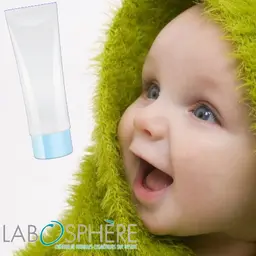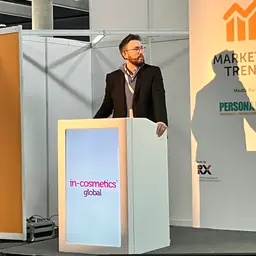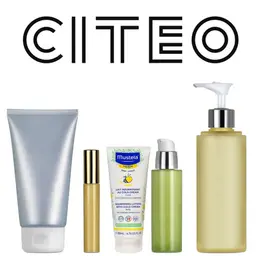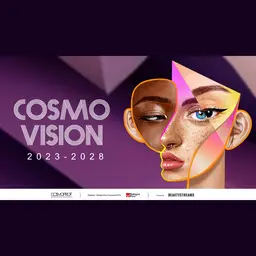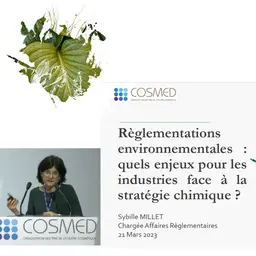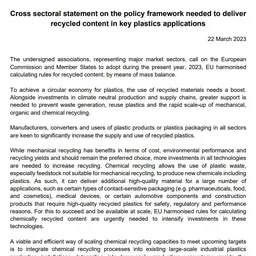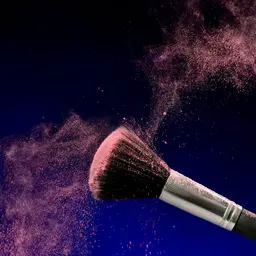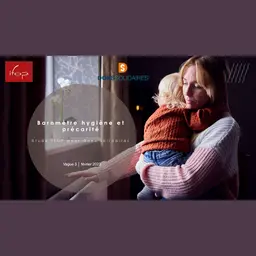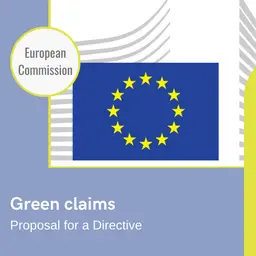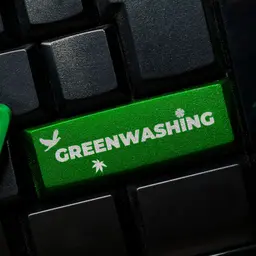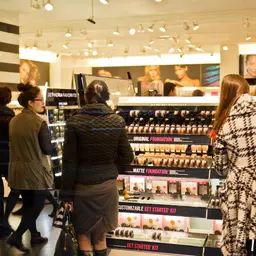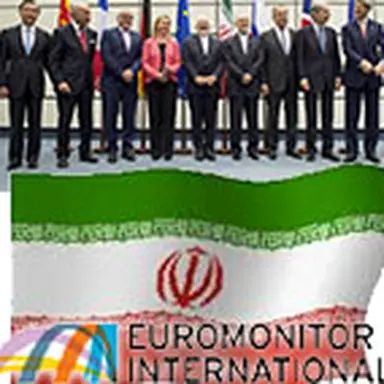
Following the agreement on Tehran's nuclear programme, Euromonitor International sent to CosmeticOBS-L'Observatoire des Cosmétiques an insight from Nicholas Micallef, Analyst Beauty and Personal care.
At the very base the Iranian market needs to be looked at from a socio-cultural standpoint. In a country which enforces strict Islamic dress code, wearing make-up and perfume is a form of personal expression. Given that the face is the only body part that women can reveal, make-up is a daily ritual and a form of empowerment for many women especially the young. Moreover, just like other Middle Eastern countries, the use of perfume is deeply ingrained in local culture as evidenced by the popularity of this product in bazaars. Indeed, Iran’s projected absolute growth over 2014-2019 stands at US$86 million in fragrances and US$210 million in colour cosmetics, with both categories expanding at around 6-7% CAGR in real terms.
Iran is also characterised by a young demographic with growing brand awareness, especially of Western designer labels which fuels their aspirations to purchase more of such items. Also, given it is a conservative Muslim country, it has similar dynamics to Saudi Arabia and UAE, markets which are big in fragrances and colour but which local players tend to exert stronger influence on consumers because they are more established and know their potential consumers far better than their global rivals. …

